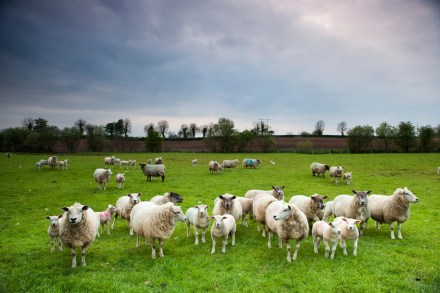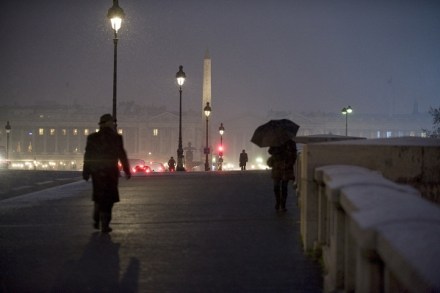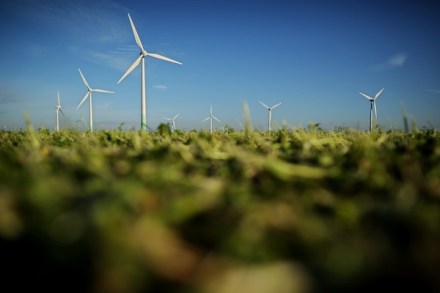Why Britain needs Prince Charles
This week’s issue of Country Life magazine has been guest-edited by the Prince of Wales. As long term perspectives disappear from national debate, we should all be grateful for his presence in public life, says Ben Goldsmith. It is hard to name an area of modern life which has not been overcome by short-term considerations. Companies sacrifice long-term growth for their quarterly financial reports, politicians are blind beyond the next election, and the attention span of rolling news channels is shorter than ever. In cricket, the deep satisfaction of a five-day Test Match is threatened by one day or even shorter match formats. Long termism speaks with a quiet voice; a voice that has been all but obliterated. The Prince of


















